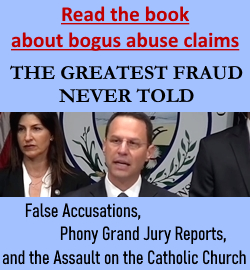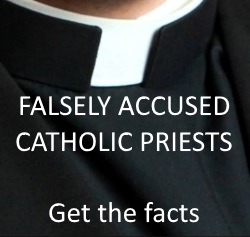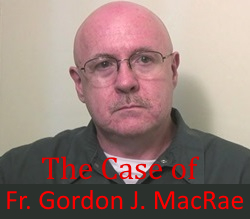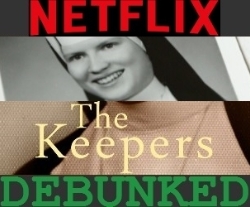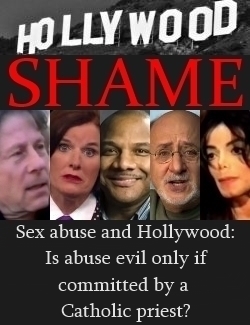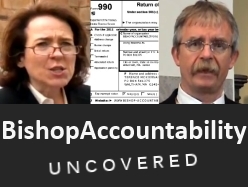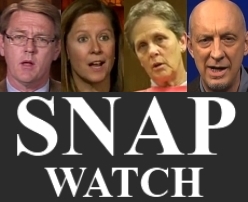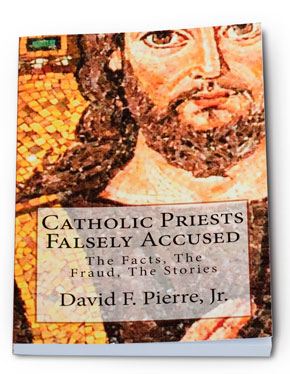Fervent liberalism is not the only thing that's predictable at the Los Angeles Times. You can bet that when the Times publishes a news article on the Church abuse scandal, rabid letters to the editor that bash the Church will follow a few days later.
Such was the case in yesterday's paper (Sat. 12/15/07). Yet the Times also failed to identify that both letter writers critical of the Church have established records of public involvement and activism in the abuse scandal narrative.
One letter was from a man named Udo Strutynski, who in his letter blasted "the conduct of the Archdiocese of Los Angeles." However, the Times completely failed to note that Strutynski is a lawyer who, according to the Times' own reporting in 2006, has filed cases against the Los Angeles Archdiocese and the Jesuit order (source). A 2004 Times article also identified Strutynski as someone "who said he was a victim of sexual abuse by a priest" (link). Strutynski was also cited in a 2005 Times article. In addition, Strutynski is a core member of an activist group called ACT – A Coalition for Truth, an organization that states that they "actively and publicly challenge the structures in which this abuse continues to flourish."
The other letter was from Margaret Schettler, who made the ridiculously false claim, "When it comes to concern for victim/survivors, not much has changed over the past five years." Yet it may have interested the Times and its readers that Schettler was the subject of a 2004 article in the Washington Post. She has also been quoted about the scandal in a 2005 article in the Times; in a 2004 article in the San Diego Union-Tribune; in a 2004 article in the Riverside Press Enterprise; and a 2004 article in the San Diego Press-Enterprise. She also spoke at a 2004 news conference regarding an abusive priest with whom she said she worked in the 1970's. In addition, in a 2005 letter to the liberal National Catholic Reporter, Schettler claimed news of the abuse scandal "eroded" "the credibility of the Gospel of Jesus Christ."
Strutynski and Schettler have every right to have their views published in a letter to the editor. However, readers have a right to know when letter writers have especially notable records of public involvement in the issue that they're writing about. And the Times should properly identify such people.
As we've stated in the past, clerical abuse has wrecked real, damaging, and immeasurable harm upon numerous victims. But the Times continues its dishonest, disproportionate, and misleading reporting when covering this issue.
